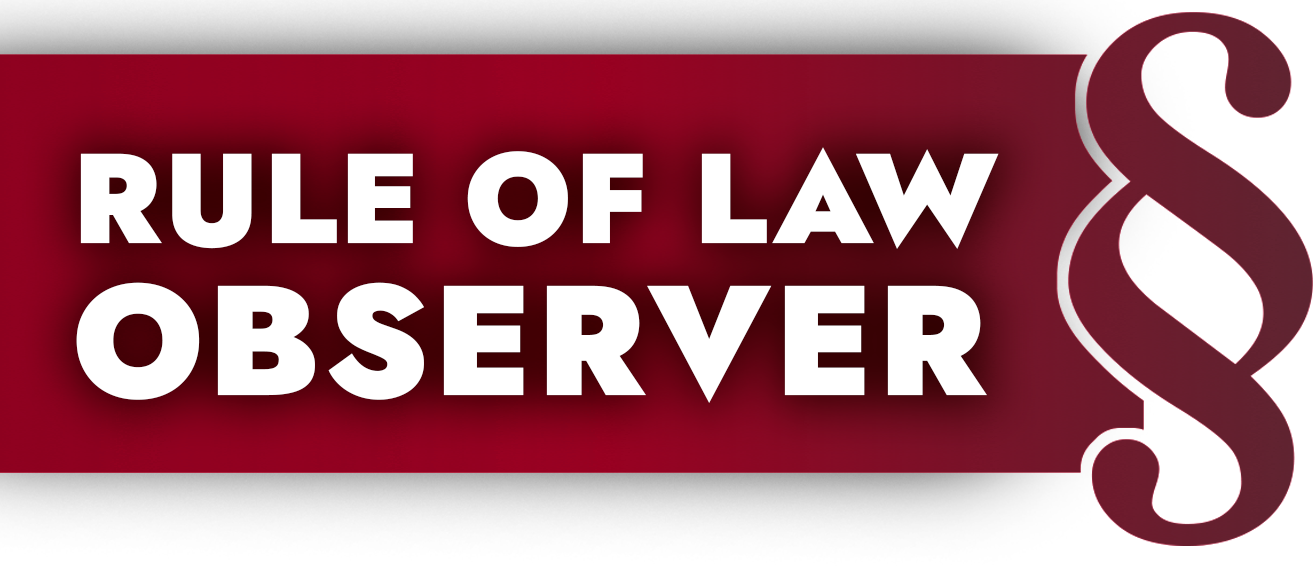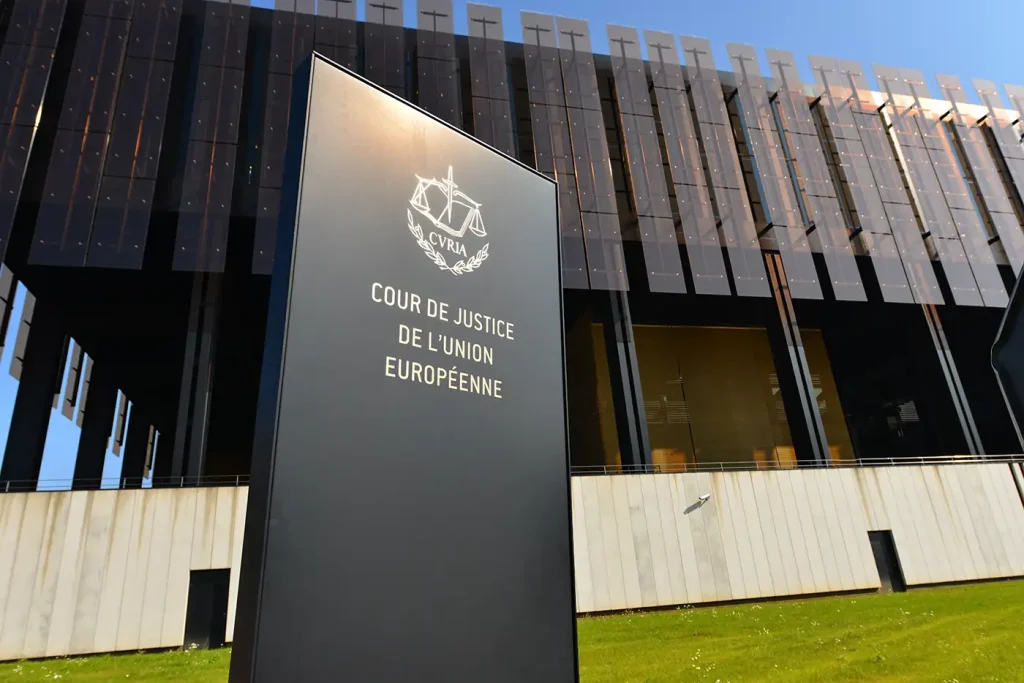The draft Law changing the Law on the National Council for the Judiciary of Jan 11, 2024, proposed by the Minister of Justice Adam Bodnar, provides that judges appointed after 2018 are to remain “judges”. However, they will not be able to run in elections to the National Council of the Judiciary or to nominate candidates for the elections (in contrast to other judges, the National Council of Prosecutors, the National Council of Legal Advisers or a group of 2,000 citizens, who can).
This means that a segment of ‘worse category’ judges is being created within the judiciary estate with a lack of specific powers.
From the first glance, this looks like direct discrimination (Article 18[3a] of the Labor Code) and a violation of Article 32(1) of the Polish Constitution (right to equal treatment) and Article 14 of the 1950 Convention for the Protection of Human Rights and Fundamental Freedoms.
In 2020, Adam Bodnar the then Ombudsman wrote a foreword to a book: “Protection against discrimination in Poland. Legal status and public awareness’. He wrote there:
“The principle of equality and the prohibition of discrimination are among the fundamental principles expressed in the 1997 Constitution of the Republic of Poland. The legislator, by virtue of the Basic Law, was obliged to respect the dignity of every human being irrespective of his or her status and personal characteristics and to shape legal regulations in such a way as to ensure equal treatment of similar subjects in the sphere of political, social and economic life. Established national legal regulations are also influenced by the norms of international and European law. It was Poland’s accession to the European Union and adoption of the Acquis Communautaire that accelerated the development of anti-discrimination law in our country.”
In 2016, the current Justice Minister – who is, additionally, the Prosecutor General – in his capacity as Ombudsman wrote also the foreword to the book “Equal treatment of participants in proceedings. A guide for judges and prosecutors.” It reads:
“Courts and prosecutors’ offices are representatives of public authority. They are often the citizens’ only point of contact with authorities. Therefore, they form their perception of the functioning of the state through the actions of the judiciary and the prosecution service. (…) The constitutional guideposts of human dignity, the principle of equality and anti-discrimination can undoubtedly help in the daily exercise of power and the profession of judge and prosecutor.”



